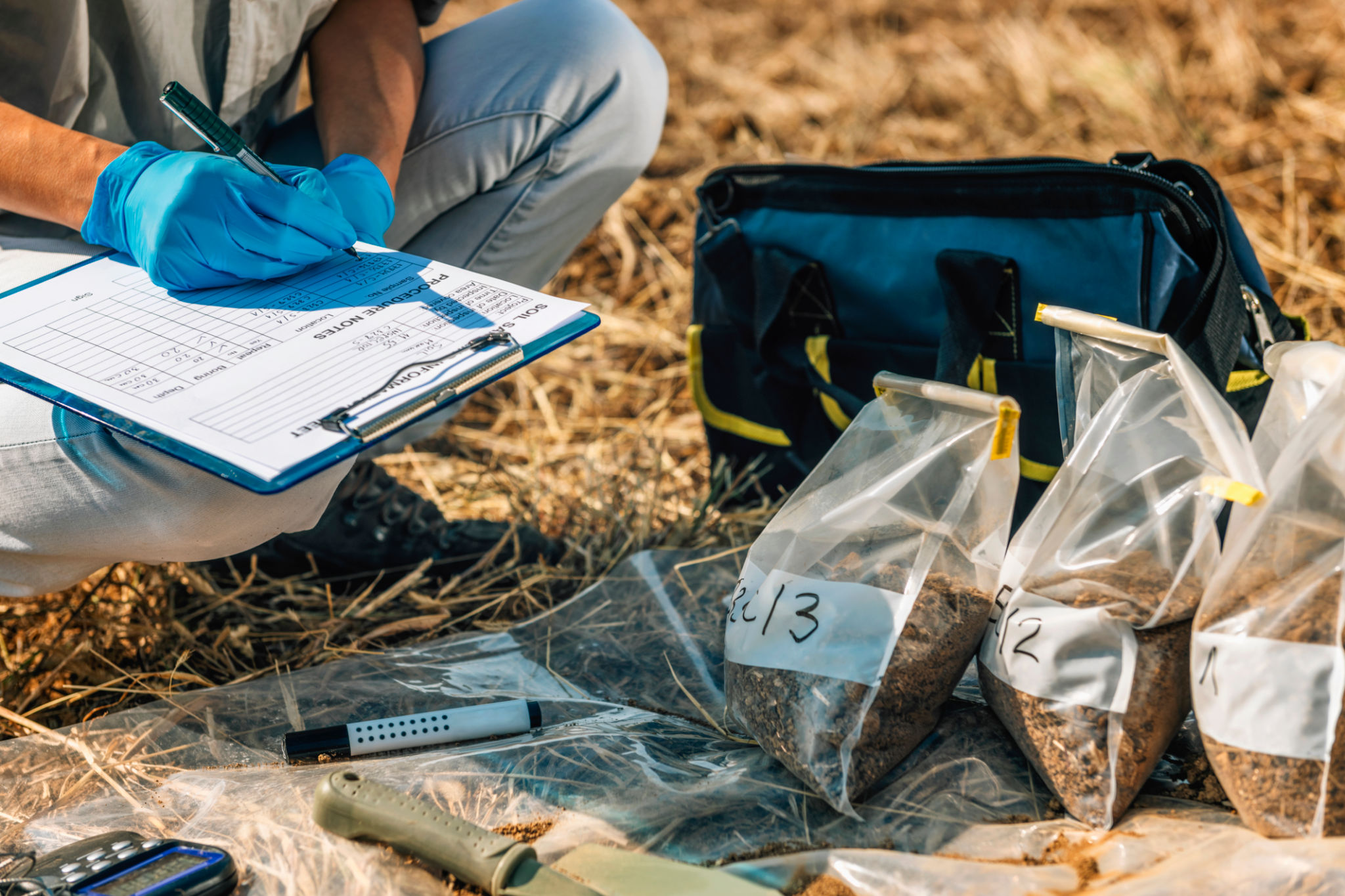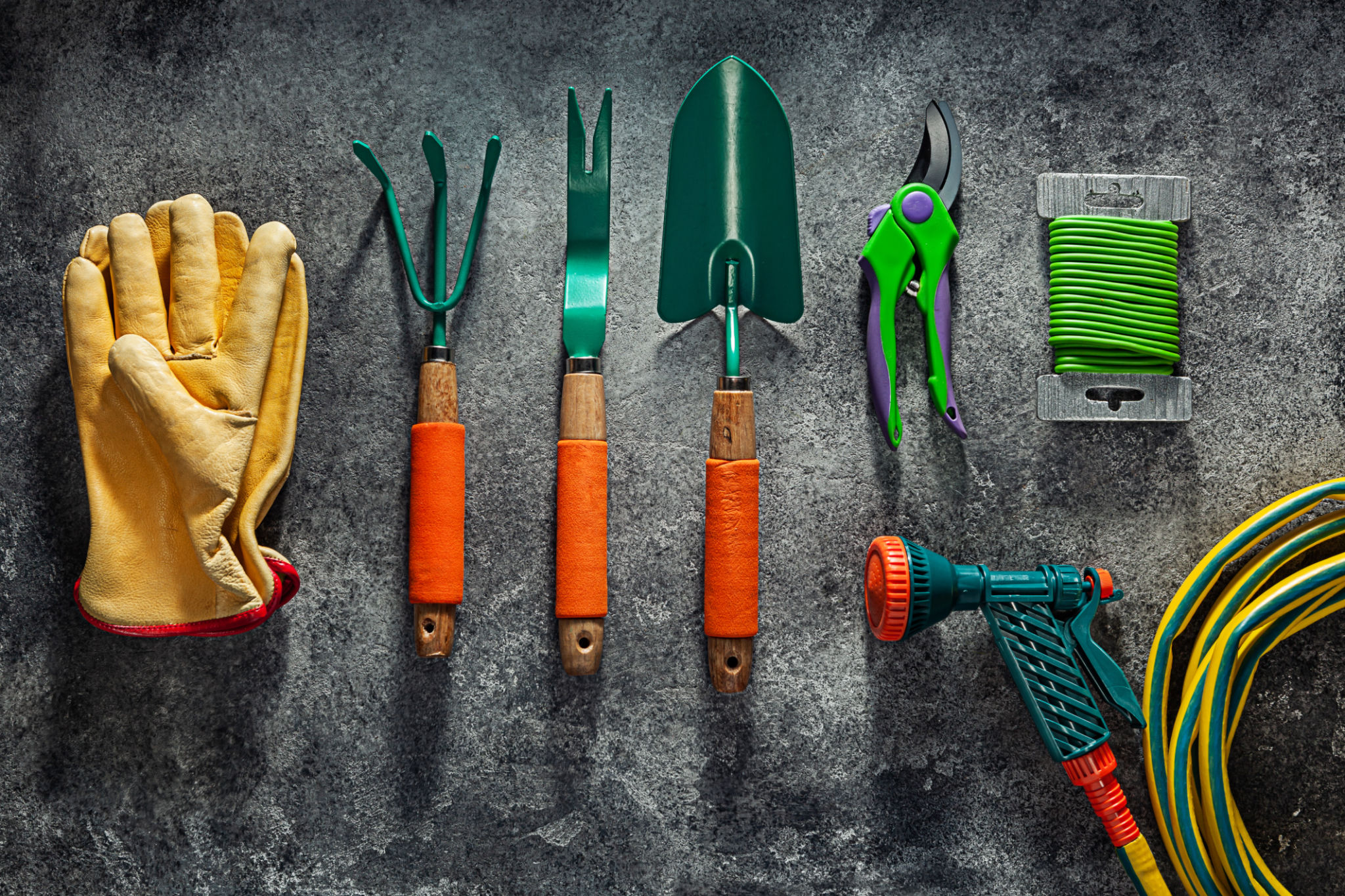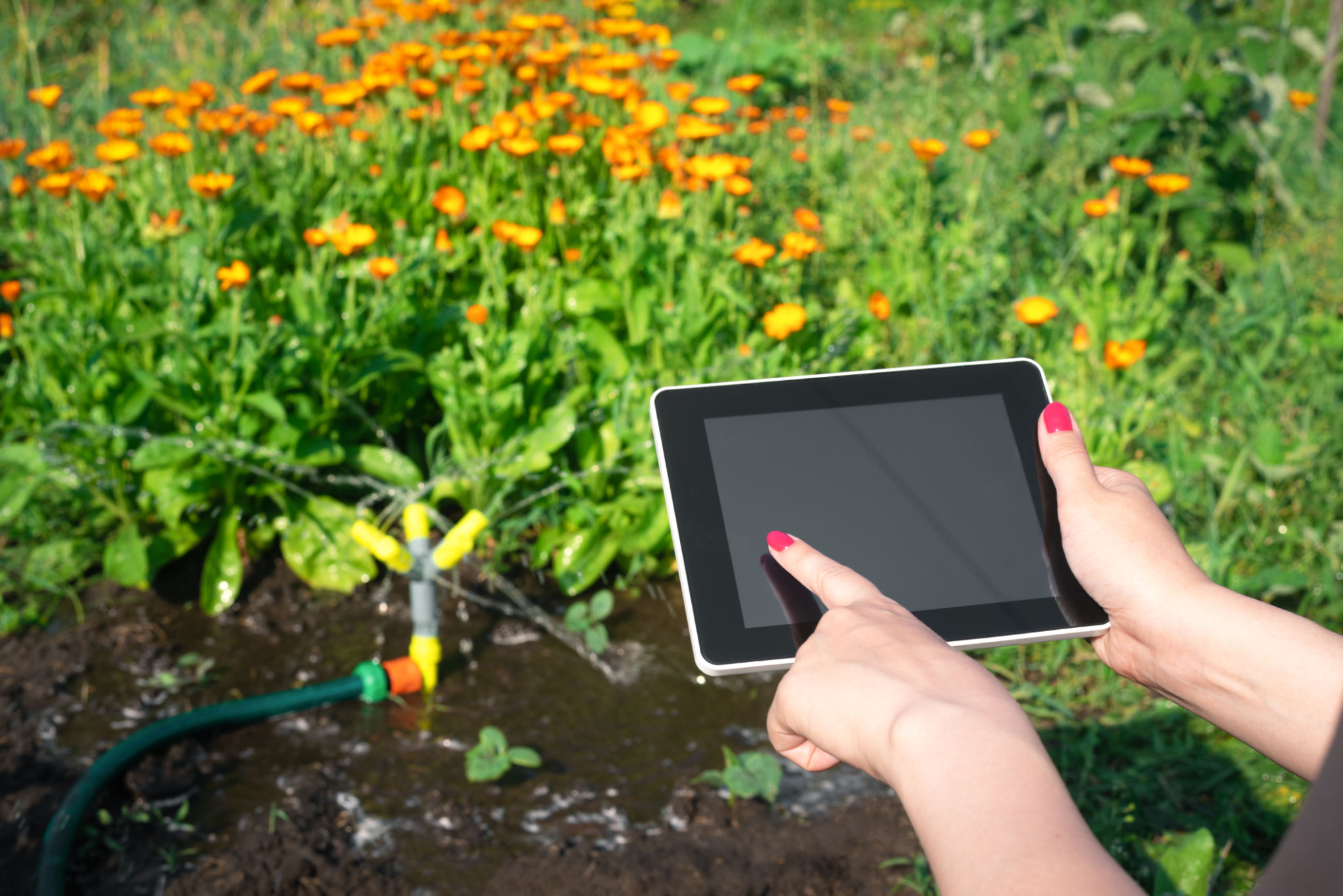DIY Tips for Efficient Irrigation System Design on Your Ocala Farm
Understanding Your Farm's Water Needs
Designing an efficient irrigation system for your Ocala farm starts with understanding the specific water needs of your crops. Different plants require different amounts of water, and these needs can vary throughout the growing season. By assessing these requirements, you can ensure your irrigation system is tailored to deliver the right amount of water at the right time, minimizing waste and promoting healthy plant growth.
It's important to consider soil type, as sandy soils will require more frequent watering compared to clay soils, which retain moisture longer. Conduct a soil test to determine the best irrigation strategy for your farm.

Choosing the Right Irrigation System
There are several types of irrigation systems to choose from, each with its own advantages and challenges. The most common systems include drip irrigation, sprinkler systems, and surface irrigation. Each system has its unique benefits, so selecting the right one depends on your farm's layout, crop type, and water availability.
Drip irrigation is ideal for conserving water and delivering it directly to the plant's root zone. This method is especially beneficial for row crops and orchards. Sprinkler systems, on the other hand, can cover larger areas and are suitable for a variety of crop types. Consider your farm's specific needs when selecting an irrigation system.
Designing an Efficient Layout
Once you've chosen the type of irrigation system, the next step is designing an efficient layout. Proper planning can significantly impact water distribution and efficiency. Start by mapping out your field and identifying the best placement for main lines, sub-lines, and emitters or sprinklers. Ensure even coverage to avoid over-irrigation or dry spots.

Make sure to install valves and filters to control water flow and prevent clogging. Regular maintenance is crucial to keep your system running smoothly.
Incorporating Technology
Modern technology can enhance the efficiency of your irrigation system. Consider using soil moisture sensors, weather-based controllers, or automated timers to optimize water usage. These tools can help you monitor soil moisture levels and weather conditions, allowing you to adjust irrigation schedules accordingly.
The initial investment in technology may seem high, but it often pays off through reduced water bills and healthier crops in the long run.

Implementing Water Conservation Practices
Water conservation is a key component of an efficient irrigation system. Implementing practices such as mulching can help retain soil moisture, reducing the need for frequent watering. Additionally, consider collecting rainwater or using recycled water sources to further conserve resources.
By adopting these sustainable practices, you not only save on water costs but also contribute positively to the environment.
Regular Maintenance and Troubleshooting
An efficient irrigation system requires regular maintenance to ensure it operates effectively. Inspect your system frequently for leaks, clogs, or any signs of wear and tear. Clean filters and check emitters or sprinklers for proper function.
If you encounter any issues, address them promptly to prevent further damage or water wastage. Keeping a maintenance log can help track repairs and schedule routine checks.

Evaluating System Performance
After implementing your irrigation design, it's crucial to evaluate its performance periodically. Monitor your crops' health and observe any signs of over- or under-watering. Adjust your system as needed based on these observations.
Gathering data on water usage and crop yield can help you make informed decisions about future improvements or modifications to your irrigation system.
Conclusion: A Sustainable Approach
Designing an efficient irrigation system for your Ocala farm is not just about immediate benefits—it's about creating a sustainable agricultural practice that will serve you well in the years to come. By understanding your farm's unique needs, choosing the right system, and incorporating technology and conservation practices, you can ensure that your farm thrives while conserving valuable resources.
Remember that regular maintenance and performance evaluation are key to long-term success. With these strategies in place, you're well on your way to achieving a more productive and eco-friendly farm.